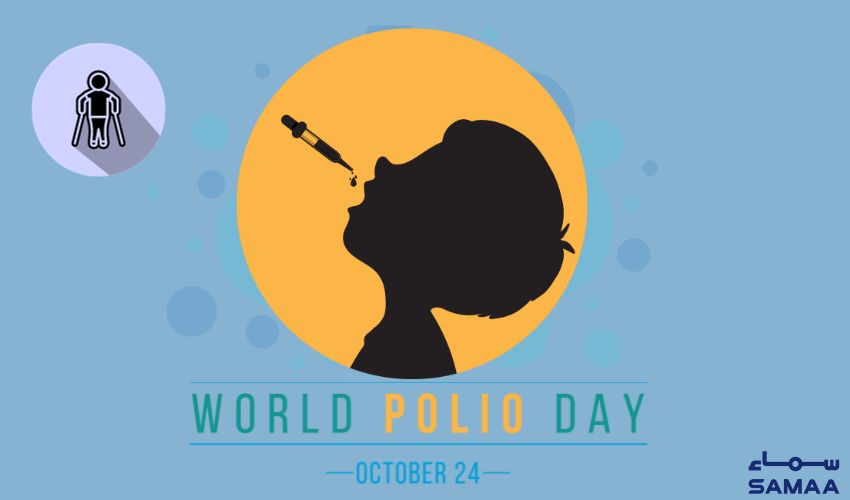Antidepressants are a lifeline for millions coping with depression and other mental health disorders.
But a new study presented at EHRA 2025, the European Society of Cardiology’s scientific congress, raises questions about their long-term effects on heart health — particularly the risk of sudden cardiac death (SCD).
SCD occurs when the heart abruptly stops beating and emergency treatment fails, often within an hour of symptoms. It accounts for half of all deaths related to cardiovascular disease, according to past research.
Now, new evidence from Denmark suggests that long-term use of antidepressants may increase the risk of SCD, especially in younger adults and those on medication for six years or more.
Led by Dr. Jasmin Mujkanovic from Rigshospitalet Hjertecentret, researchers analyzed national medical records and death certificates of Danish adults between 18 and 90 years old in 2010.
They found that
- Antidepressant use for 1–5 years was associated with a 56% increased risk of SCD.
- Use for 6 or more years more than doubled the risk (2.2x higher) compared to non-users.
- Mujkanovic cautioned that the pattern may partly reflect the severity and persistence of depression, which itself is a known risk factor for heart disease and SCD.
- “It is difficult to disentangle the effects of medication from the underlying condition,” he explained.
Younger adults: increased risk
The age-based breakdown revealed stark patterns:
- For those aged 30–39, antidepressant use for 1–5 years tripled their risk of SCD and quintupled it after 6+ years.
- In the 50–59 group, risks were twice as high after 1–5 years and four times higher after long-term use.
- Participants aged 40–79 also showed a notably higher incidence rate if using antidepressants for 6+ years.
However, Mujkanovic added that, despite the higher relative risks, the absolute risk for younger users remains lower than that of older adults not taking antidepressants due to age-related factors.
Why do antidepressants affect heart health?
Some antidepressants can cause QT prolongation — a condition that affects the heart’s electrical cycle and can lead to arrhythmias or SCD.
Dr. Cheng-Han Chen, an interventional cardiologist not involved in the study, told media that
“The study found an association, but not a causal link. Antidepressants may increase arrhythmias, but underlying depression could also increase cardiovascular risk factors.”
Should patients be concerned?
While the findings are significant, experts stress that patients should not stop medication abruptly.
Dr. Grant Simons, a heart rhythm specialist at Hackensack University Medical Center, urges a cautious interpretation:
“This is an observational study — it shows association, not causation. Other factors like lifestyle, illness severity, or concurrent medications might play a role.”
Simons added that different types of antidepressants may carry different risks, and further research is needed to isolate which medications — if any — are most closely linked to SCD.



























